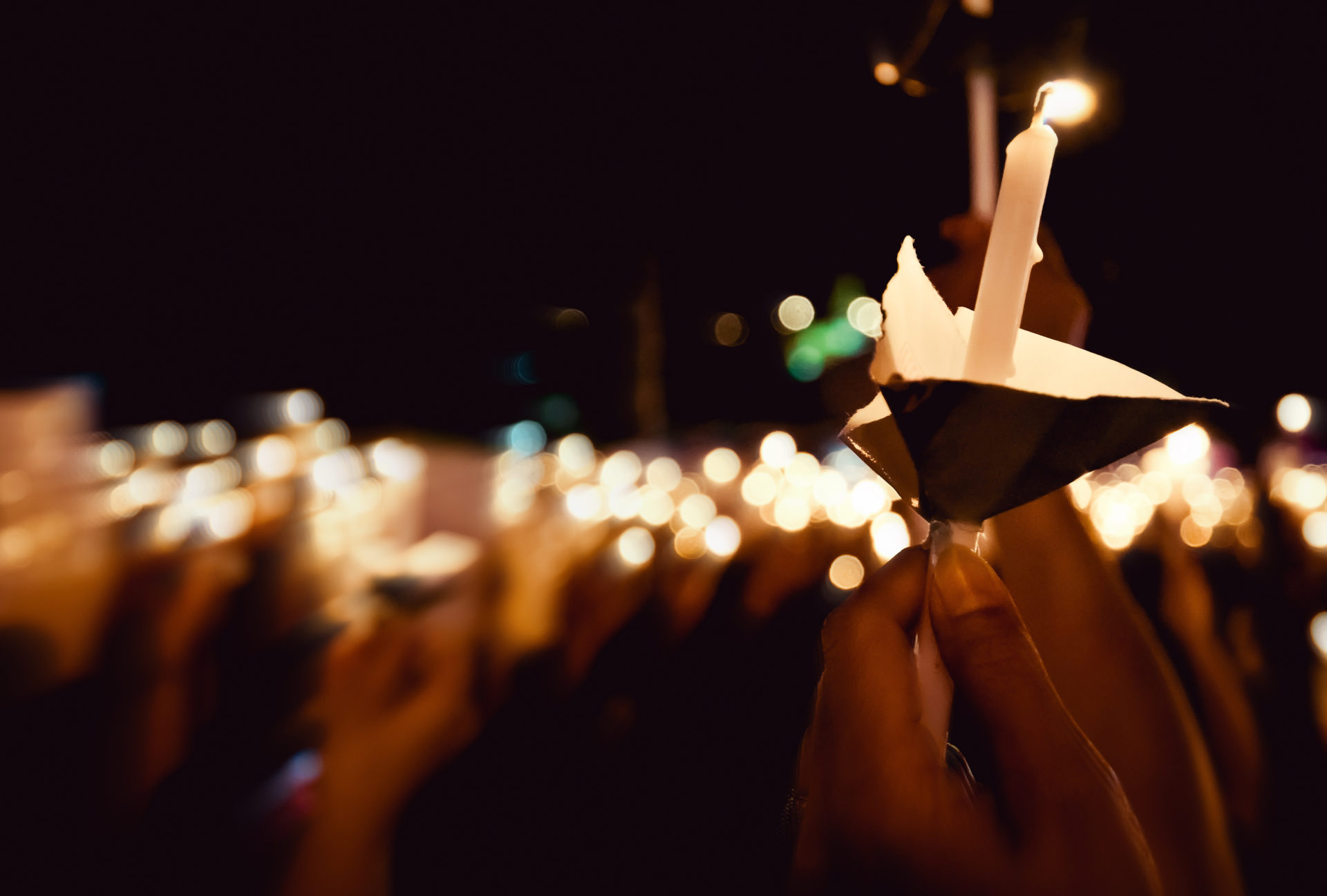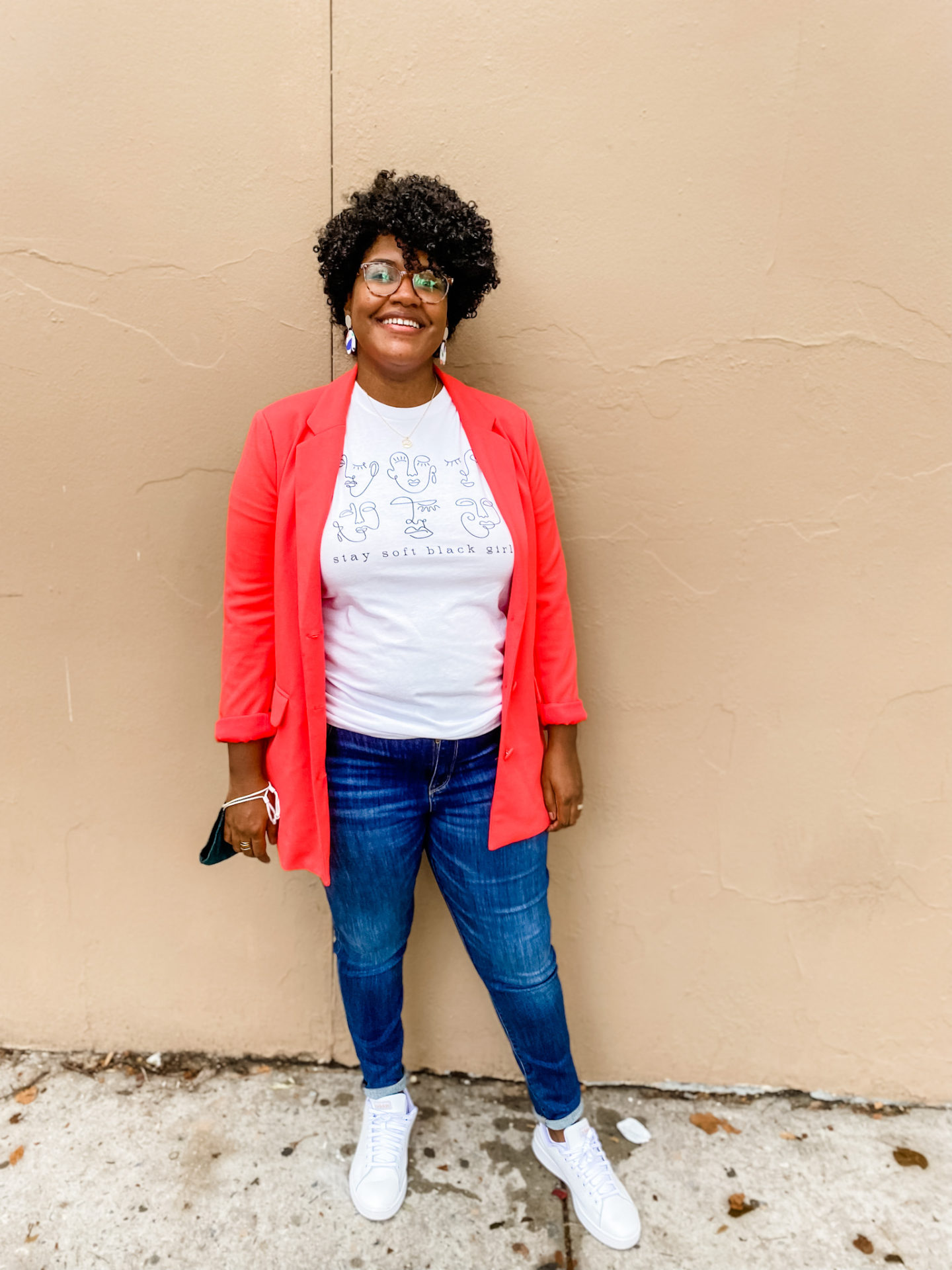
Healing from Betrayal

Written by Pricelis Perreaux-Dominguez
We’ve all been there, right? Been hurt by someone you trusted, found out something wasn’t what it seemed, discovered you were lied to or manipulated? The examples are endless when it comes to the number of ways we could be betrayed by someone. I know this narrative far too well. Since my childhood, I have been betrayed by family, friends, ex-boyfriends, and even fellow Christians. It’s been a whirlwind of a journey that has included many levels of forgiving, healing, confronting, unlearning, surrendering, and hoping.

The point isn’t to stop trusting all people or be suspicious of people you seem to trust but to live free of thinking others will betray you just because you’ve been betrayed before.
But let’s talk about what betrayal actually is first. Betrayal is defined as, “a violation of a person’s trust, confidence, or moral standard,” according to Merriam-Webster. This is what it is—a violation. And the word “violation” might feel too strong but when we don’t call things what they are we minimize them and end up minimizing what we feel about it—and betrayal is no small thing. From a historical perspective, betrayal has sparked wars and led to massacres. It has changed the trajectory of laws and stolen justice from the oppressed. It’s a tool that has been used by people—both on purpose and by accident—that has hurt others.
So, when choosing to heal from betrayal, there are several things to consider. First, exactly what I just mentioned—was it on purpose or accidental? When someone betrays you on purpose, the healing process includes a deeper forgiveness because there was an intention or a plan behind what that person did. But both forms of betrayal help us grow in the areas of boundaries, trust, and wisdom. We get to utilize and implement all three in our lives in a tangible way. Not to avoid more betrayal—because honestly that’s not something you can control or prevent from happening—but you can try your best to set boundaries in your life, take time to trust others rather than automatically trusting them, and develop wisdom in order to determine the signs of someone who could potentially betray you.
But then in the midst of all of this we also get to heal. Because we could set new boundaries, seek out wisdom, and find new trustworthy friends, but forget that healing is vital for healthy growth.
Healing is an act of mending or restoring something that has been broken. We all have gone through things that needed healing, whether it was spiritual, physical, mental, social, financial, emotional, and especially relational. Sometimes the normality of what happens to everyone can cause us to overlook what we felt or went through and say, “Eh, it happens.” And yes, it does to almost everyone but that doesn’t mean it’s okay nor does it mean it’s something you just “get over.”
Ever hear that saying, “Healing is not linear?” Well, it’s true. It may include some bumps and bruises, but it also may include some victories and breakthroughs. But the point is that it will take time and look different for everyone. So, let’s talk about some ways we can practically heal from betrayal.
First, there’s intentionality. Intentional healing consists of actions taken on purpose to resolve and restore emotions or thoughts that you have about what has hurt you. The key is that it’s something you do intentionally and on purpose. To think you’ll heal solely because of time is false. All that time will do is maybe make you forget what or who hurt you, but your mind and heart won’t forget how it made you feel and how it’s affecting your life right now.
So no, time won’t heal everything. But your intentionality on the journey towards healing will definitely help.
Now I want to call this next approach something “essential” instead of “practical” because forgiveness isn’t an easy step for most people. Forgiveness is an action that some people express differently based on belief or experiences; however, it’s essential to the healing process because forgiveness isn’t for the other person—it’s for you! To live in freedom, not trying to be in control of the lessons others may or may not learn. But something in us convinces us that if we forgive the person they won’t change or learn their lesson? Stop, sis, release that thought. You’re not responsible for how they do or don’t learn or grow.
A few more recommended essential or practical steps include taking inventory of your trust levels and checking in with the boundaries you’re setting or not setting around trusting others. The point isn’t to stop trusting all people or be suspicious of people you seem to trust but to live free of thinking others will betray you just because you’ve been betrayed before.
Something else to consider doing is getting professional help. As we read earlier the definition of betrayal is a violation and that’s something that can leave a deep wound in need of extra tending. So, maybe that means reaching out to a therapist, counselor, spiritual director, or pastor. And yes, seeking out help makes you strong not weak. It’s you telling yourself that you love yourself, those around you, and those that will come after you enough to seek out the help you need.
And as I mentioned earlier what my healing journey has included—confronting, unlearning, surrendering, and hoping. These are some things you may want to start doing as you walk on this journey, too.
It all starts with taking one step. Then walking it out with intention.
So, which of these things can you begin to do today in a small or big way? And how can you choose intentionality in the process? How can you get your hope back? How can you begin to trust again and truly heal?
Friend, I believe you can do all these things.
By believing you can, you’re already on the right path towards healing—so start walking it out.
Related Articles
Tips on How to Win Over Your Coworkers
It's your first day at your new job. Countless times, you've imagined what working for this organization would feel like, and here you are, living in the reality of those dreams. The feeling is surreal; you can't explain it. You have wondered what the people,...
I Did What I Needed to Heal
June 6, 2022 marked eight years since my husband-to-be passed away. I use the term husband-to-be instead of fiancé because he passed suddenly before he could propose. It was a difficult journey to healing. After all, we were planning our wedding, we were in business...
Tips for Navigating Dating Apps
Let me tell you about the worst date I’ve ever been on: I arrived at a hole-in-the-wall bar and pub where smoke was blowing in my face. Immediately, my date reached over and gave me a side hug. He promptly looked at me and commented on the fact that he thought I was...
